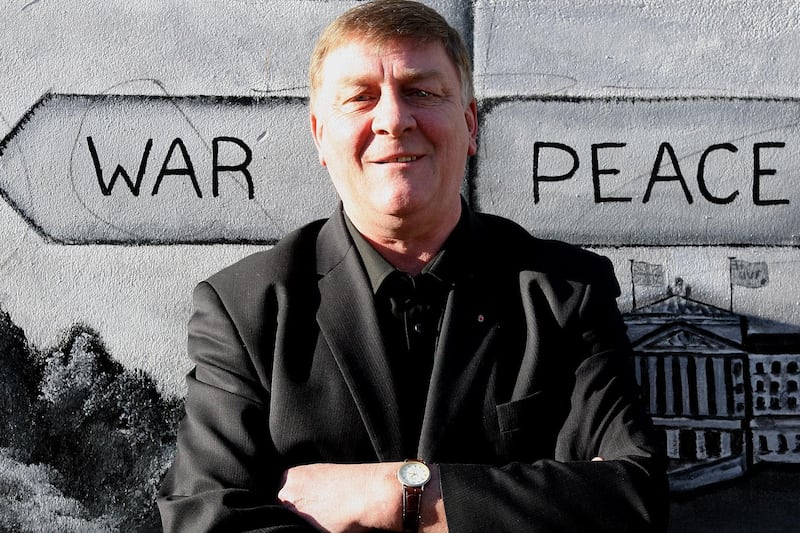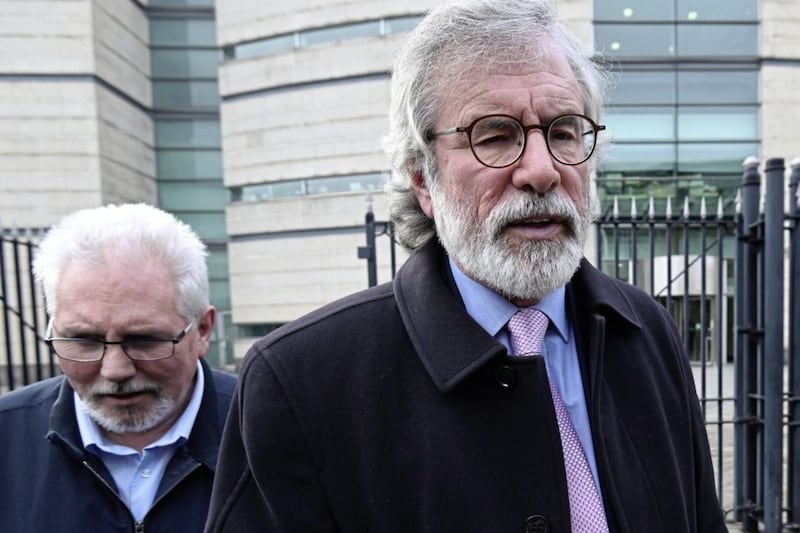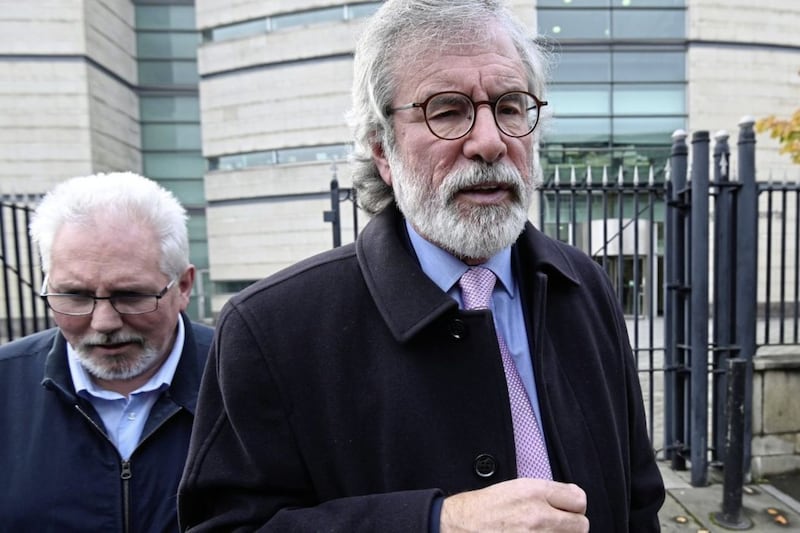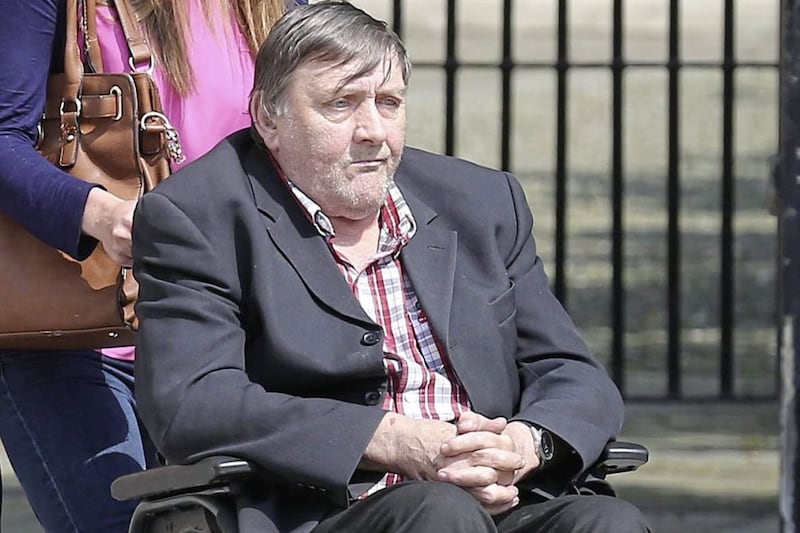A FORMER IRA man interviewed for Boston College's 'Belfast Project' claims he was the victim of a bomb attack for which he is now under investigation, the High Court has heard.
Anthony McIntyre also alleges he was acquitted on a charge of membership of a proscribed organisation that forms part of a police attempt to gain access to his tapes from the US university.
Senior judges in Belfast have now ordered the PSNI and Public Prosecution Service to clarify the situation and explain how an International Letter of Request (ILOR) for the material wrongly included an erroneous conviction for armed robbery.
McIntyre's legal bid to stop detectives listening to the tapes has been put on hold until explanations are provided and shared with American authorities.
With the case adjourned until September, PSNI officers due to travel to Boston tomorrow as part of a separate inquiry will not yet be able to take possession of his recordings.
McIntyre, who is from Belfast but now lives in the Republic, was one of the main researchers in the major project to compile an oral history of the Troubles.
Dozens of loyalists and republicans provided testimonies to Boston College on the understanding their account would only be made public after they died.
But those assurances were dealt a blow when legal battles resulted in police securing transcripts and tapes of interviews given by former IRA woman Dolours Price and high-profile loyalist Winston 'Winkie' Rea.
Rea (65), from Groomsport, Co Down, appeared before a court earlier this month charged with the murders of two Catholic workmen in Belfast more than 25 years ago.
Now the authorities want access to McIntyre's recorded recollection of his own IRA activities.
A subpoena seeking copies of his interviews has been served on Boston College by the British government.
The move involves an ILOR setting out alleged offences being investigated.
McIntyre's lawyers have issued judicial review proceedings against the PSNI and PPS for issuing the request letter.
In court it emerged that the alleged offences being investigated include a bomb explosion at Rugby Avenue in Belfast in 1976, and an imitation or toy pistol discovered inside a prison where he served time.
Ronan Lavery QC, for McIntyre, claimed: "The ILOR is replete with errors, and that's putting it mildly."
Disputing any suggestion that his client was behind the bombing, he added: "In relation to the explosion on Rugby Avenue Mr McIntyre (says he) was the victim."
It was also contended that the former IRA man was acquitted more than 30 years ago of a membership charge that features in the international letter.
Counsel for the respondents were unable to confirm the claim, insisting archives would have to be checked.
Lord Justice Weatherup, sitting with Lord Justice Weir, described the situation as unsatisfactory.
"It's incredible; you have sent a letter to America... and you don't know whether it was in respect of an offence for which he's already been acquitted," he said.
During the hearing it was accepted that an armed robbery incident for which McIntyre was never convicted was erroneously included in the ILOR.
But judges were told the mistake was brought to the attention of the US court before any decision was taken on releasing the tapes.
Tony McGleenan QC, for the Chief Constable, contended that McIntyre was raising speculative points that may prove to be groundless.
He suggested PSNI officers who will be in Boston on Saturday to collect other materials could also bring back the McIntyre recordings and deposit them, still sealed, with the court.
However, Lord Justice Weatherup instead directed the PSNI and PPS to first file a statement explaining the issues raised.








